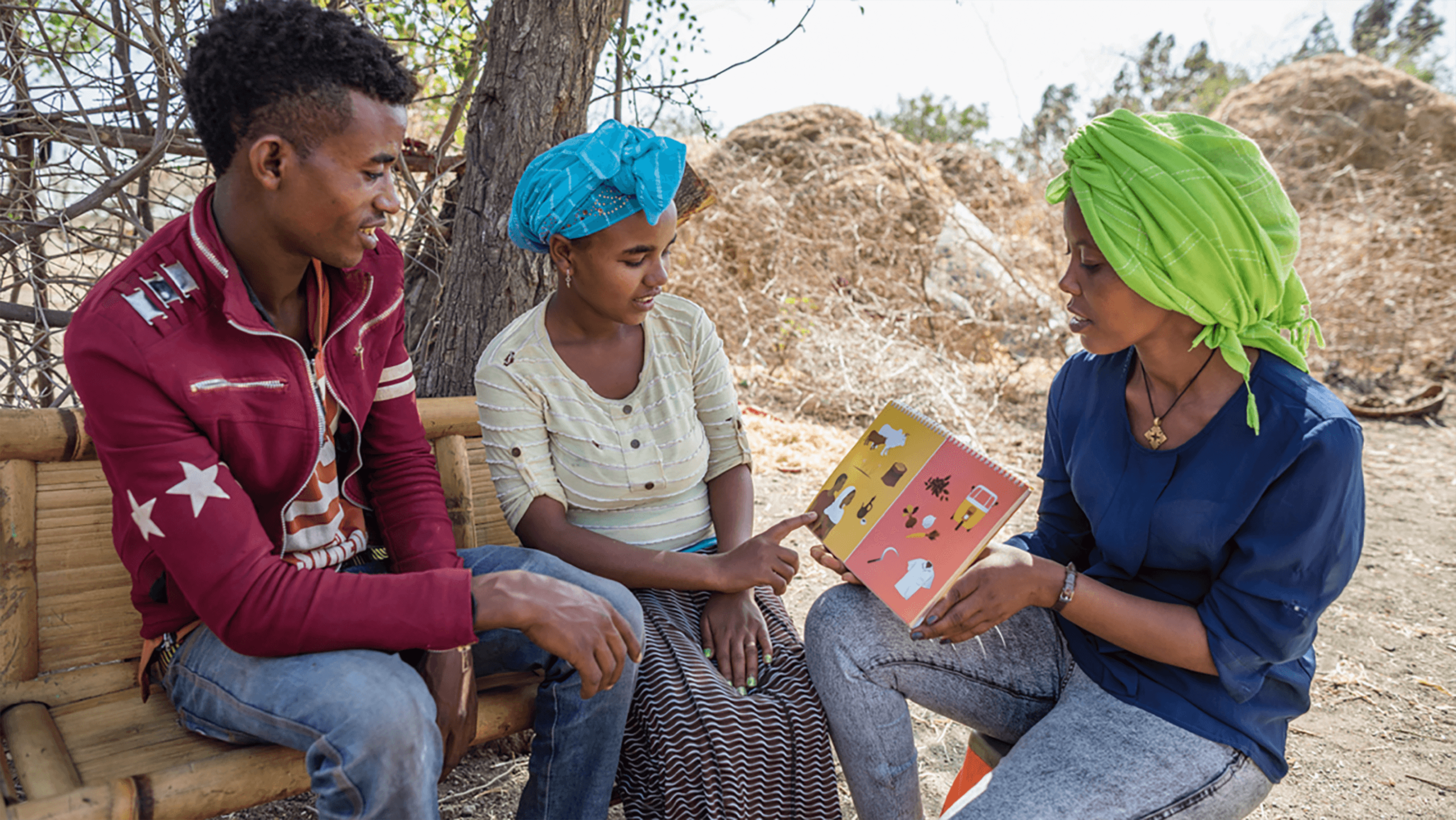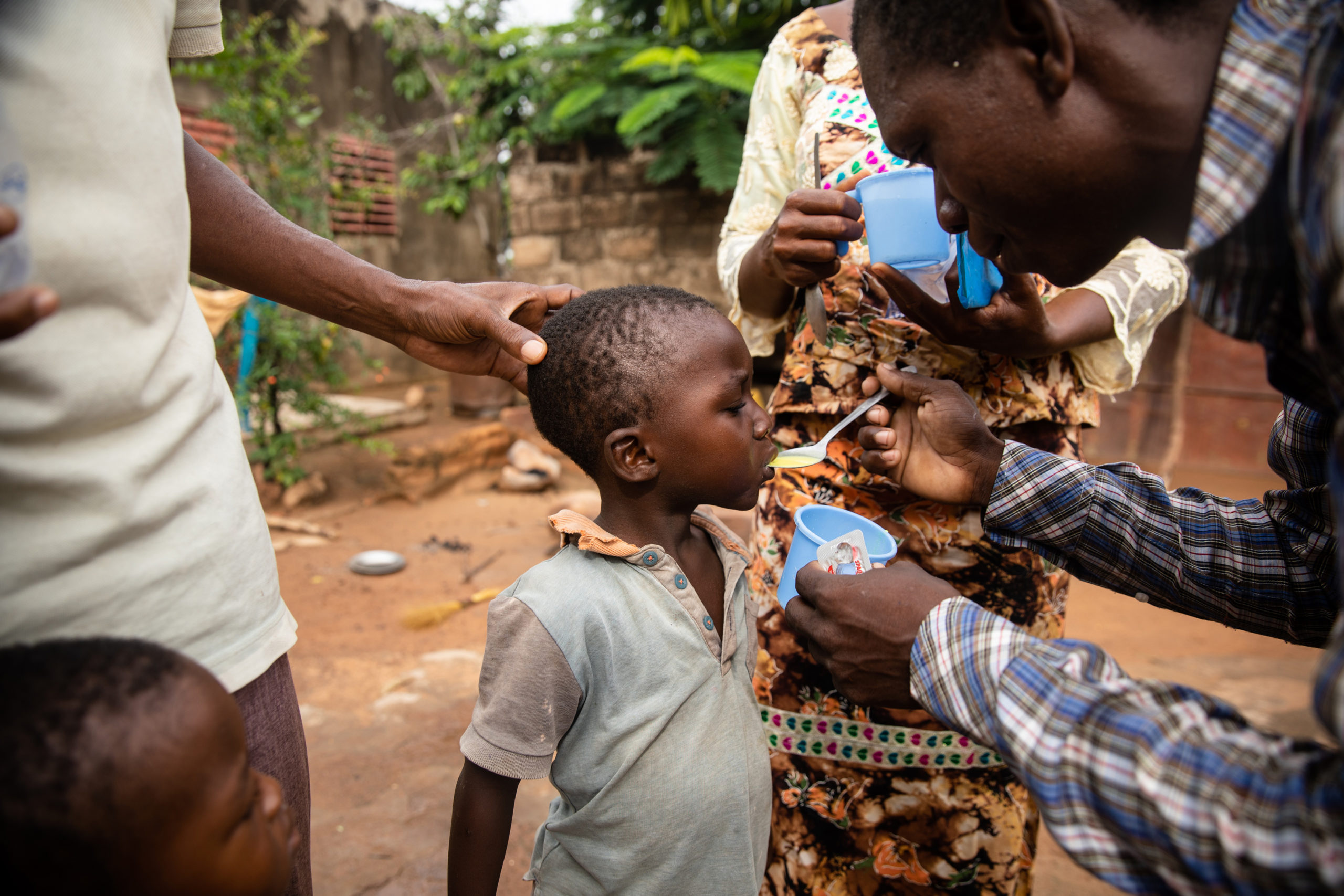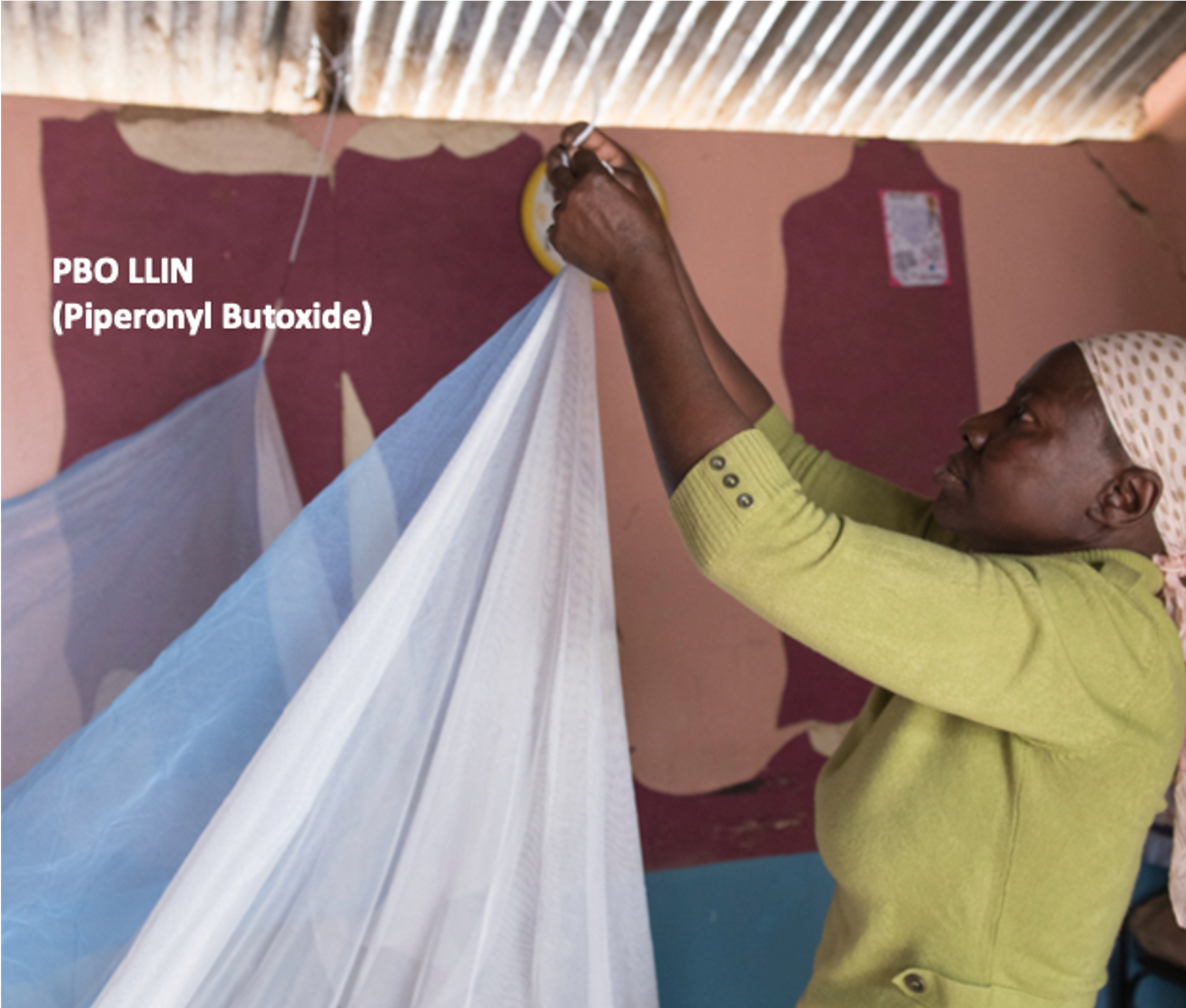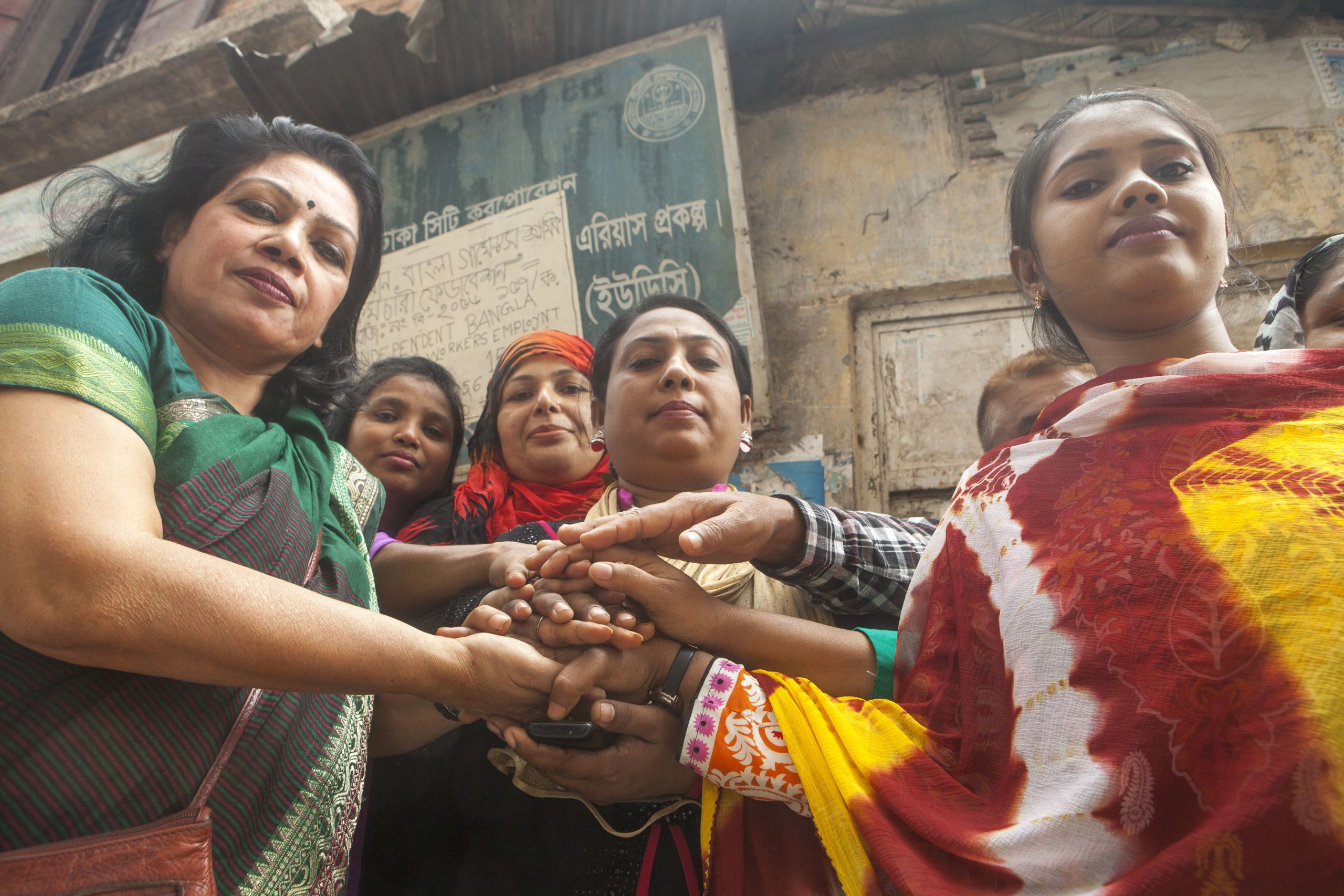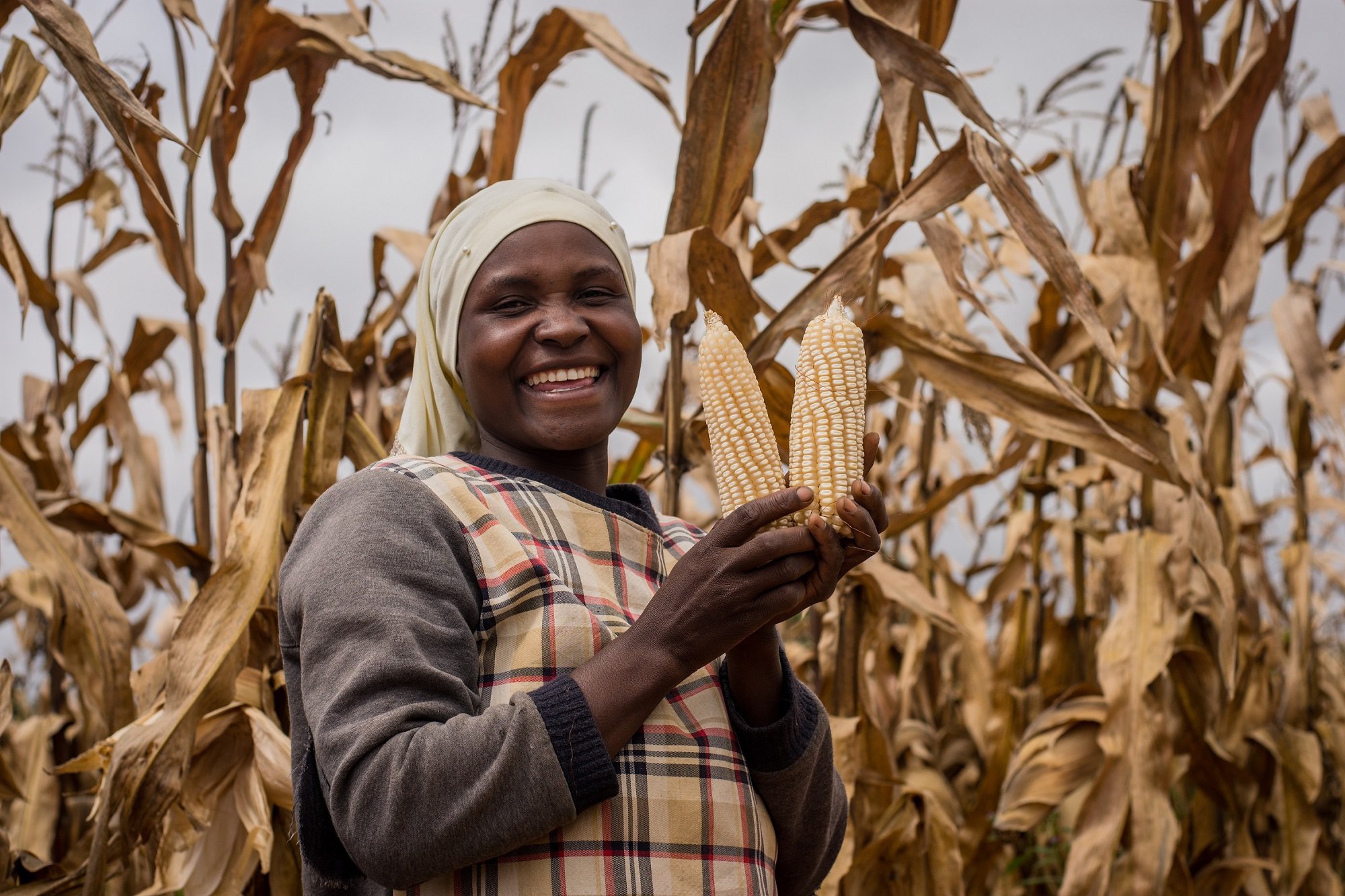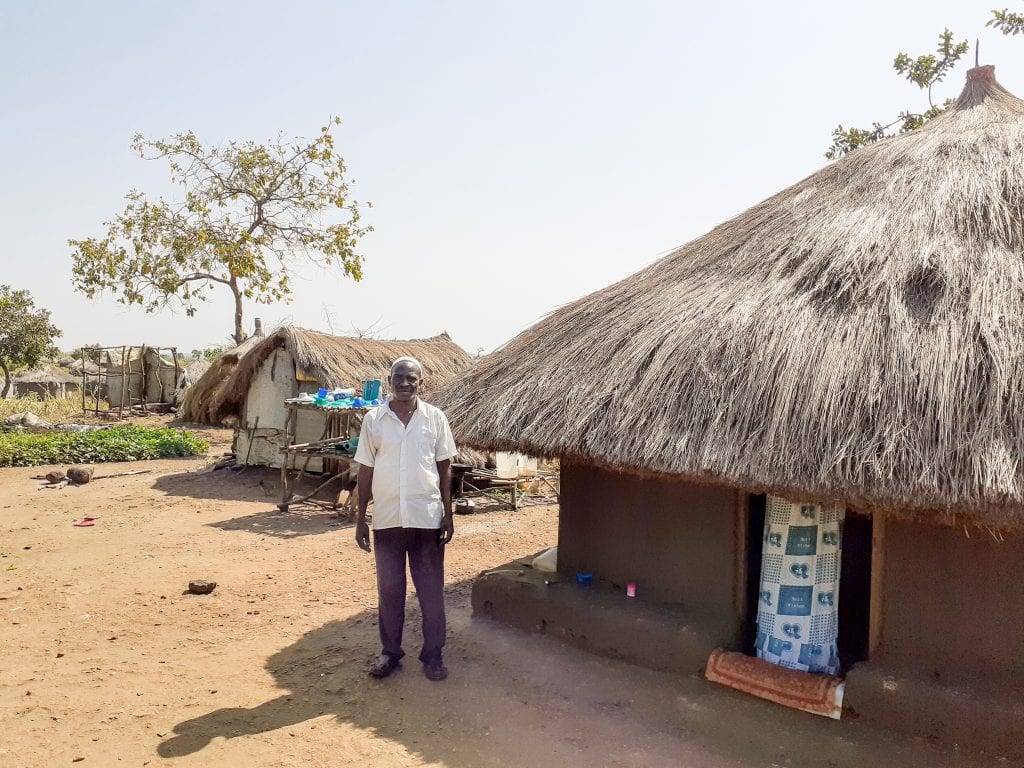By Population Services International
In the past three decades, global health programs aiming to improve adolescent and youth sexual and reproductive health (AYSRH) have yielded a number of notable successes. As the field of AYSRH evolves, however, questions remain about how to best design and implement youth-powered programming — demonstrably responding to the needs and experiences of youth, allowing them to equally partner in programs aimed at their health and wellbeing, and ultimately enabling their meaningful advancement in health, livelihood, and development. At the same time, the AYSRH field continues to advance its understanding of how to shape and refine these youth-powered programs to be implemented sustainably at scale.
In rural Ethiopia, 4 in 5 women become a mother before the age of 20, often before they consider the financial resources they need to reach their life plans. That’s why Smart Start—Population Services International’s youth-powered Adolescents 360 project in Ethiopia—engages rural girls aged 15-19 and their husbands in contraceptive counseling through financial planning, equipping them with the tools to plan for the lives they want, including starting a family – whenever they are ready.
In Ethiopia, girls tend to marry, on average, at just past 17 years-old; and age at sexual debut, age at first marriage, and age at first birth are closely linked. Girls typically follow this trajectory from sexual debut to initiation of childbearing all before age 20. Although the revised Family Code of 2000 sets 18 years as the minimum legal age of marriage, according to April 2019 data from UNICEF and the Ethiopian Ministry of Women and Children Affairs, nearly 40% of young women in Ethiopia were married or in union before their 18th birthday. Demand for contraception among married adolescents in Ethiopia is low. Only slightly more than half of married adolescents indicate a desire for contraception, with total unmet need at just over 20%. Yet, adverse outcomes from early childbearing are an acute reality for girls, demonstrated by high levels of maternal and child mortality and economic consequences that stem from starting a family, before young couples are ready.
31,821 Girls served with modern contraception
63 Sites activated
75 % of girls voluntarily adopting a method after engaging with A360
21 % of girls voluntarily taking up a long-acting method
Data from Jan. 2018 through Feb. 2020. Data pending validation.
The data reveals a clear misalignment between girls’ reproductive desires and decision-making and the demonstrable health risks posed by too early and too frequent childbearing. For programs wishing to support the health system in addressing this misalignment, understanding the reasons behind girls’ desired fertility is, therefore, paramount.
In 2016, with funding from the Bill and Melinda Gates Foundation and the Children’s Investment Fund Foundation (CIFF), PSI launched Adolescents 360 (A360), a 4.5-year program that works directly with young people to develop and deliver interventions that aim to increase demand for, and voluntary uptake of, modern contraception among girls aged 15-19 in Ethiopia, Nigeria, and Tanzania. Through RISE, the Ethiopian Ministry of Health, with an investment from the CIFF and with technical assistance from PSI, will integrate Smart Start into Ethiopia’s national Health Extension Program – bringing Smart Start to 1 million girls by 2025.
Program evidence to date suggests that Smart Start resonates with girls, couples, and key stakeholders which influence girls’ decision-making around contraception. Furthermore, by expanding the ability of the public health system to reach adolescent girls and couples in relevant, meaningful ways, Smart Start is viewed by stakeholders at all levels of the Ethiopian Federal Ministry of Health as addressing a critical need for improved programming for adolescents.
From January 2018 through February 2020, 31,821+ girls have voluntarily taken up a contraceptive method through Smart Start. Of the girls eligible for contraceptive adoption (those who were not continuing users or pregnant), nearly 75% voluntarily adopted a modern method of contraception. 21% of these users take up a long-acting and reversible contraceptive method (LARC)—including implants and IUDs. This is significantly higher than the national average for LARC uptake for this population.
You can see the Smart Start homepage here. And this technical brief presents details about the Ethiopian program, offering lessons for similar AYSRH programs seeking to design and implement scalable, sustainable, community-based programming for adolescents.
Read more about PSI general work here, their COVID-19 response projects here, and support them here.
